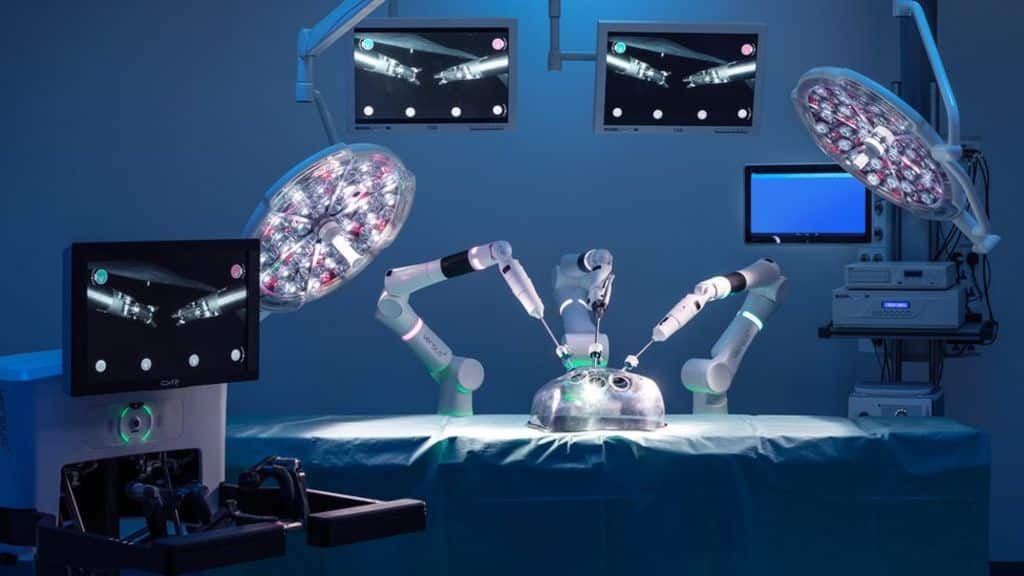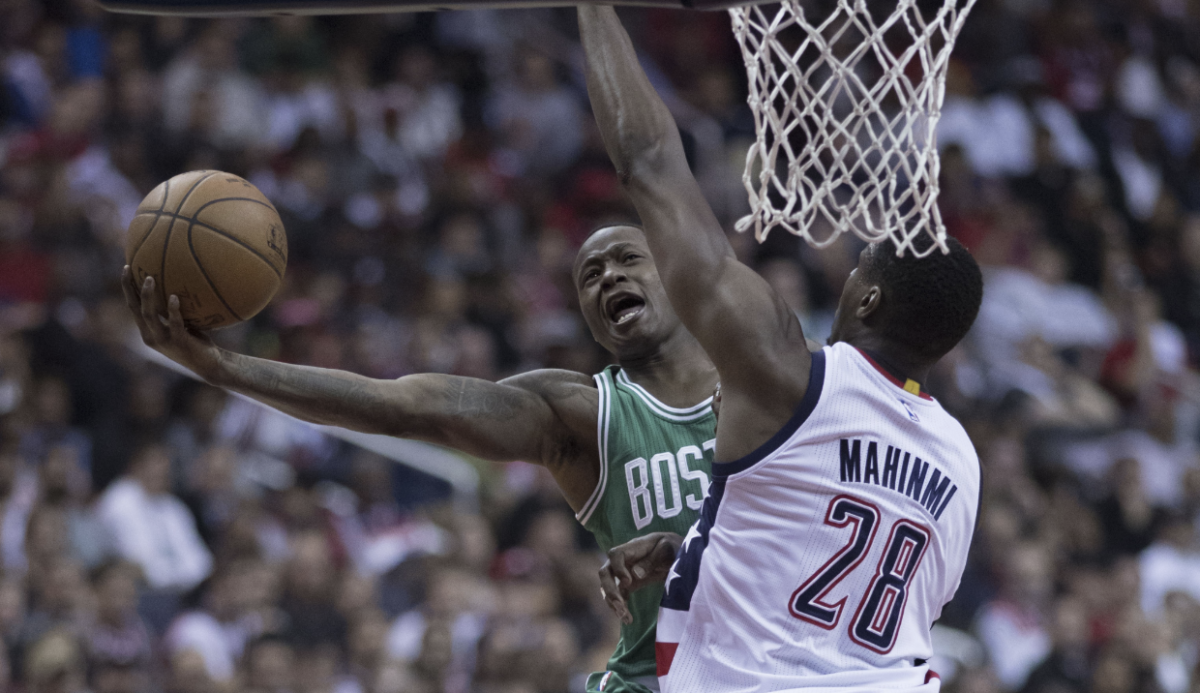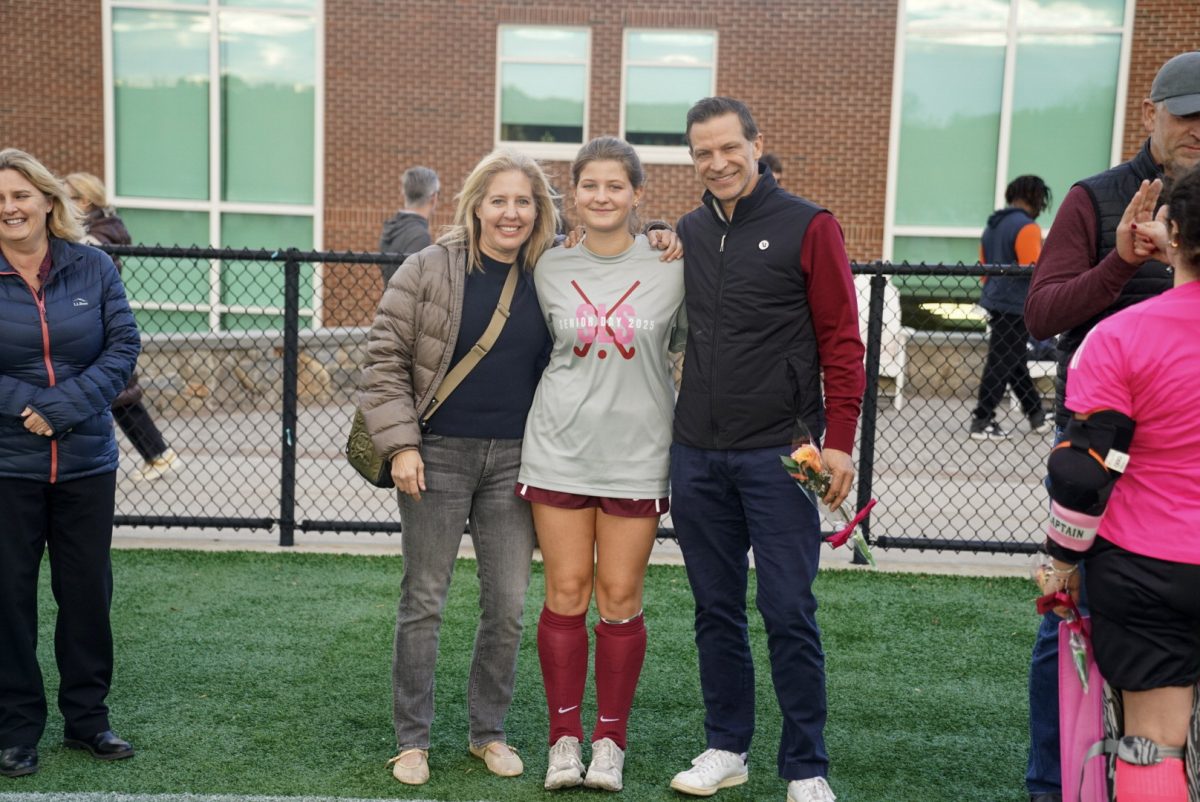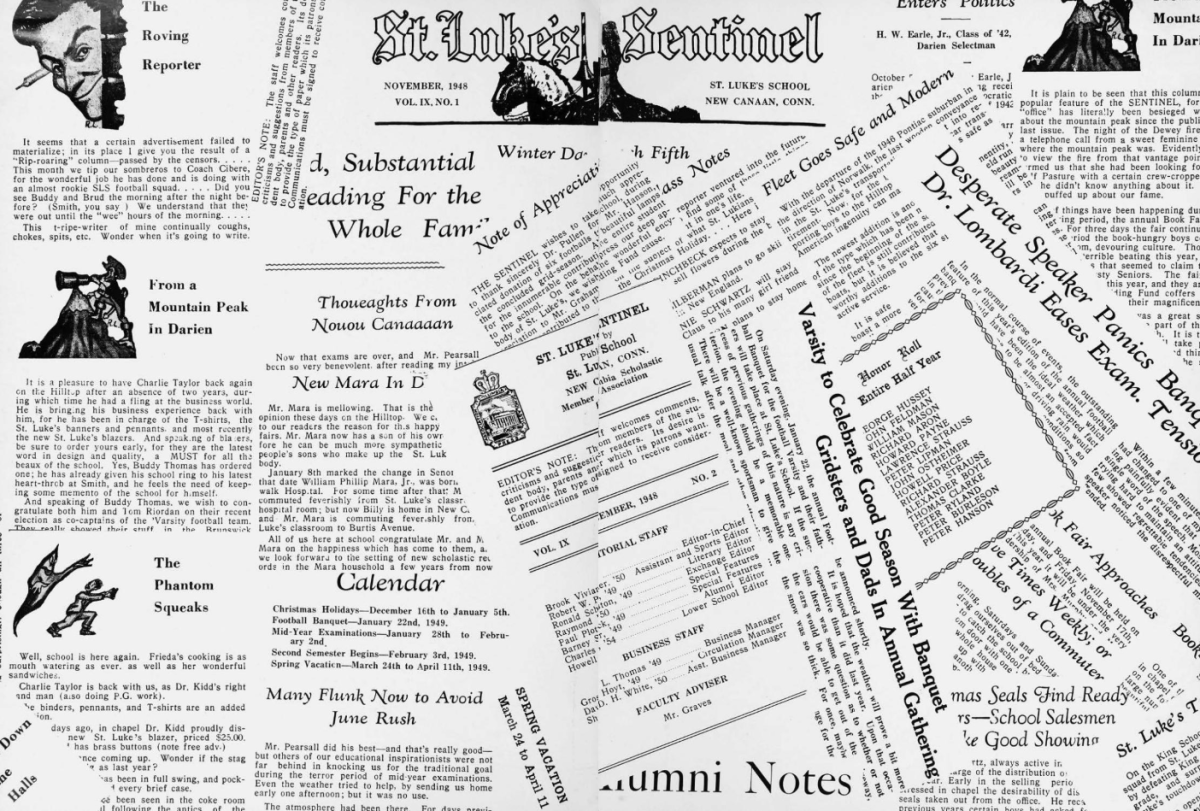The integration of Artificial Intelligence (AI) into healthcare is transforming the industry, sparking debate about its potential to replace human jobs. As AI systems become more advanced, their ability to automate specialized tasks has led experts to question how this evolution will reshape medical professions. Bill Gates recently shared his predictions on The Tonight Show Starring Jimmy Fallon, stating, “AI technology will easily complete tasks that currently call for specialized human skills, eliminating the need for humans for most things.” He also highlighted how, within the next decade, “great medical advice and great tutoring” could become freely accessible and widespread.
As AI continues to advance and reshape healthcare, concerns about its effect on medical jobs are becoming more pronounced. RAND Corporation, a nonprofit research institution that provides analysis on policy and technology. RAND has studied AI’s impact on healthcare and has noted its ability to pass several medical board exams with success comparable, if not greater than, medical trainees. This prediction, while exciting in terms of accessibility and efficiency, raises concerns about the future of jobs in healthcare. AI systems are becoming an integral part of patient care, with healthcare organizations already using AI to predict infections, reduce missed appointments, and more. While patients may not notice the subtle influence of AI, its presence is reshaping healthcare processes from behind the scenes.
One significant area of transformation by AI is radiology, where AI-driven Computer Aided Detection (CAD) systems are proving to be game-changers. The National Institutes of Health (NIH) conducted a study on AI’s effectiveness in detecting prostate cancer, revealing that AI alone demonstrated remarkable diagnostic accuracy, rivaling and even surpassing human radiologists in certain cases. AI’s ability to analyze imaging data at unprecedented speed and precision suggests that human oversight may soon become secondary rather than essential. Subtle Medical echoes this sentiment, highlighting how AI algorithms are revolutionizing imaging acquisitions, analysis, and prognosis This makes traditional diagnostic methods increasingly obsolete. As AI continues to refine its capabilities, the healthcare industry may soon witness a shift where human radiologists play a minimal role, with AI leading the charge in medical diagnostics.
While some experts argue that AI will redefine healthcare roles rather than replace them entirely, there is ongoing debate about the extent of its impact. For example, while radiologists’ work might be streamlined by AI, their expertise in interpreting complex cases and making nuanced decisions remains critical. Similarly, AI might excel in administrative tasks or standard diagnostic procedures, freeing up healthcare workers to focus on more intricate or compassionate aspects of care.
However, while AI is actively enhancing medical practices, it also brings challenges. As AI systems take on tasks traditionally performed by doctors, nurses, and technicians, questions have surfaced about job security. Many fear that automation could displace healthcare workers, leaving them to compete for a shrinking pool of opportunities. Gates’ perspective that humans may become “obsolete for most tasks” within the next ten years adds weight to these concerns.
Ultimately, AI’s role in healthcare is a double-edged sword. While it enhances efficiency and accessibility, it also raises ethical and social questions about the future of employment in the sector. The challenge ahead lies in striking a balance: leveraging AI’s potential without disregarding the irreplaceable value of human touch in healthcare.
















